
Find free food in your community
Our network of food pantries and meal sites is here for everyone — no matter where we live, where we're from, who we love, or the color of our skin.
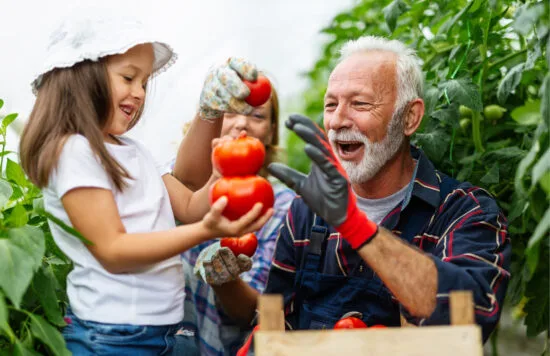
Hunger is a year-round crisis — one that can feel even greater as families gather with friends and loved ones around the holidays.
Thanks to a generous donor match, you can double your impact today in support of communities facing hunger this holiday season. That means every dollar donated provides 10 meals!
Give Today



Help us improve your experience by sending an error report to communication@foodbankcenc.org.
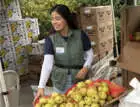


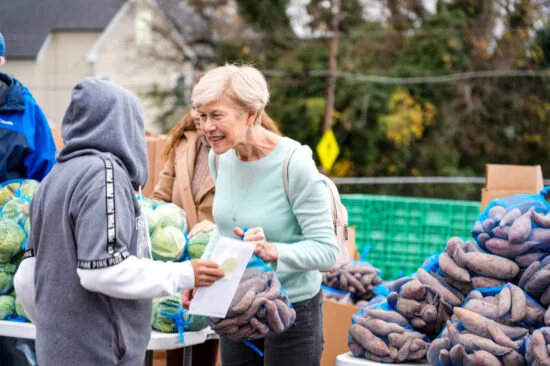
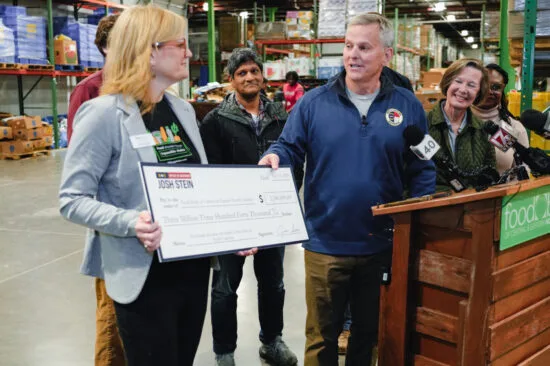
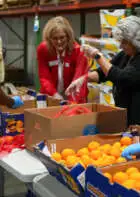




Sign-up to receive emails with updates, resources, and ways to get involved.